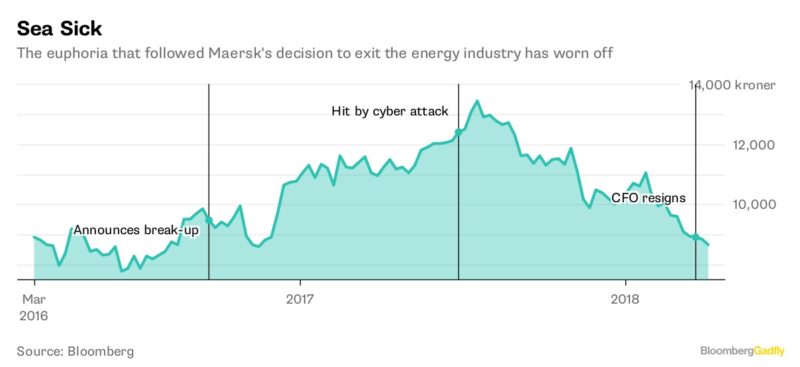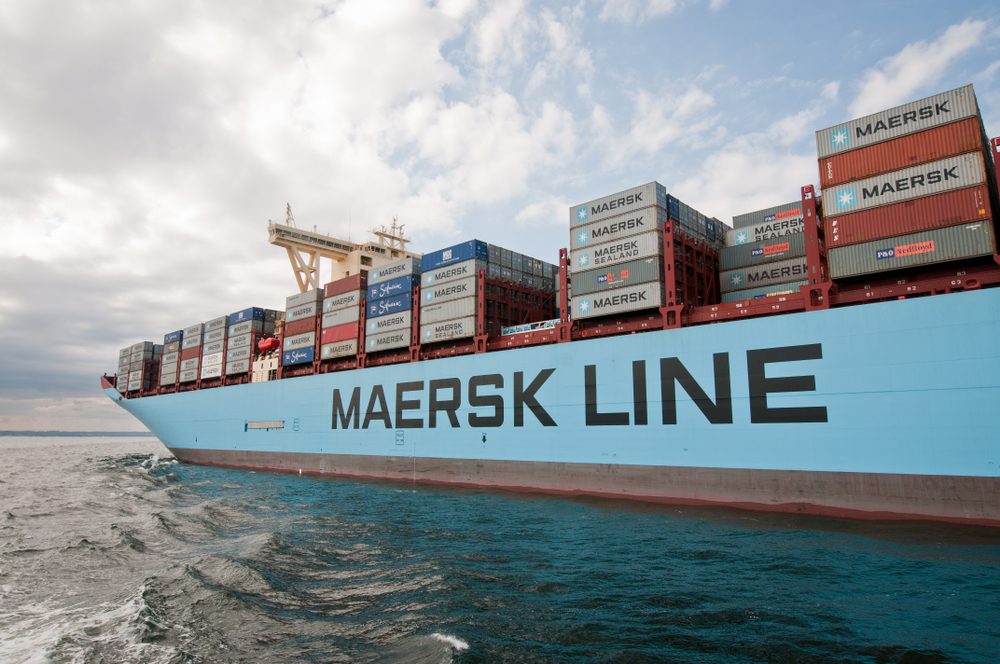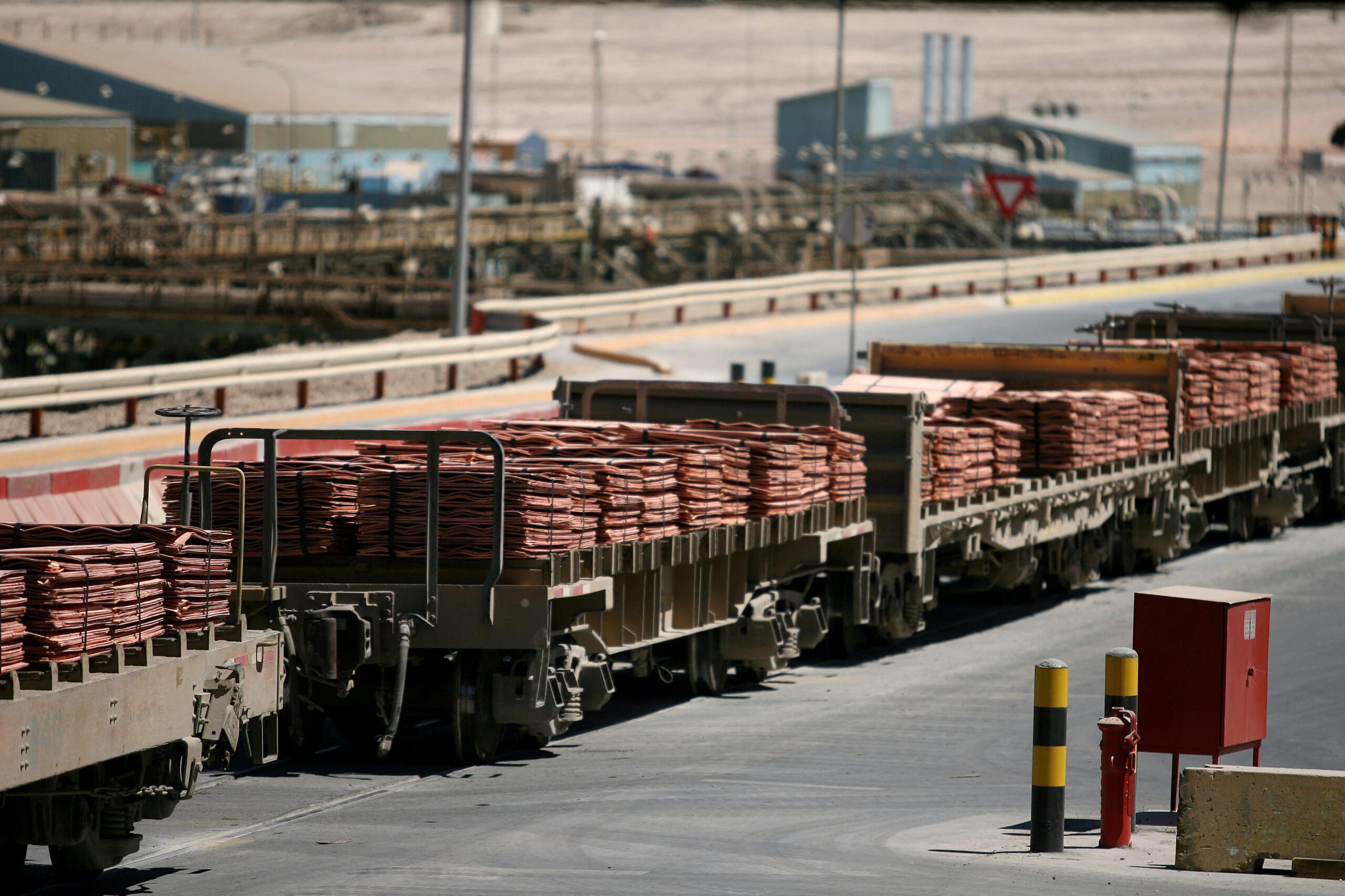By Chris Bryant (Bloomberg Gadfly) — It’s hard to imagine Soren Skou and President Donald Trump getting along terribly well. The softly-spoken boss of AP Moller-Maersk A/S is an eloquent champion of free trade and globalization.
He would be. The world’s biggest container-shipping line has done more than most to ease the flow of cheap goods from Asia to consumers in Europe and North America. That has lifted countless millions out of poverty and improved western lifestyles, but it’s also held back industrial employment and wages in developed countries.
Like it or not, Skou now finds his company’s fortunes beholden to the instinctive protectionist living at 1600 Pennsylvania Avenue. And it could hardly come at a more difficult moment for the Danish group.
Maersk is in the midst of a massive structural overhaul that will focus the once unwieldy conglomerate on shipping and logistics. Its energy-related activities, which accounted for about one-quarter of sales, are being sold.
It hasn’t been plain-sailing. In 2017, the company suffered an expensive cyber-attack and investors were unsettled last month when Maersk’s well-regarded finance director resigned abruptly, after the board took away some of his responsibilities. The shares have tumbled 35 percent since a peak last summer.
Unfortunately for Skou, the stock will probably languish so long as Trump keeps threatening tariffs on anyone who dares run a trade surplus with the U.S.
For now, the biggest problem is sentiment rather than demand. Maersk expects container shipping volumes to expand about 3 percent in 2018. That’s well below the growth enjoyed by the industry before the financial crisis, when trade was expanding at twice the rate of global economic output. But it should let Maersk make a profit this year after two years in the red.
There are other positives. The industry is consolidating, which creates economies of scale and should prop up freight rates eventually because of less competition. More vertical integration — for example, by getting Maersk ships to call at its own terminals — will deliver more savings. Meanwhile, Maersk’s oil assets have fetched prices that generally exceeded market expectations. That should allow for a chunky distribution to shareholders.

Yet with oil prices recovering, this still feels like an odd time to be making an all-in bet on shipping. While Maersk’s peers have pretty much stopped ordering new vessels, there’s plenty of new capacity poised to leave shipyards — crimping the recovery in freight rates.
And even if Trump’s tariff talk turns out to be mostly hot air, manufacturers are ever-more inclined to make products close to where they’re consumed as factory wages start to even out between countries.
At about one times estimated book value, Maersk shares no longer look richly valued. There’s a yawning gap between where analysts think the shares should be in a year’s time and where they are now. Even so, a company that accounts for one-fifth of all container trade could easily remain hostage to Trump’s tariff megaphone.
Chris Bryant is a Bloomberg Gadfly columnist covering industrial companies. He previously worked for the Financial Times.
This column does not necessarily reflect the opinion of Bloomberg LP and its owners.
© 2018 Bloomberg L.P

 Join The Club
Join The Club












